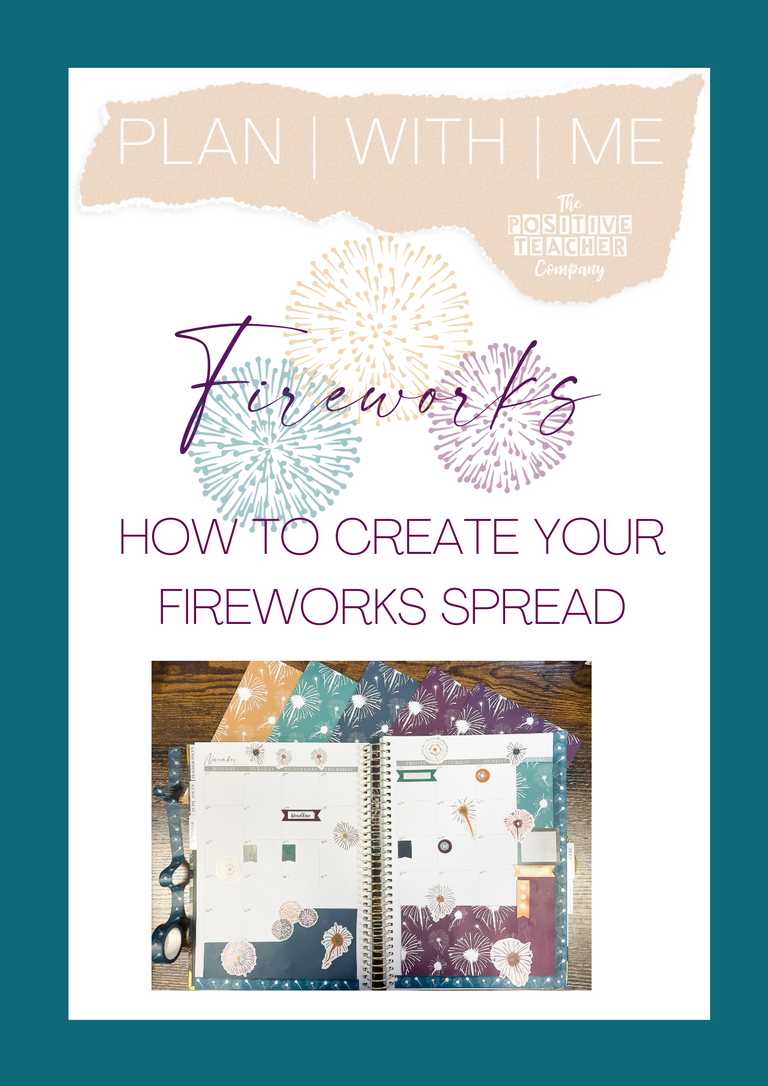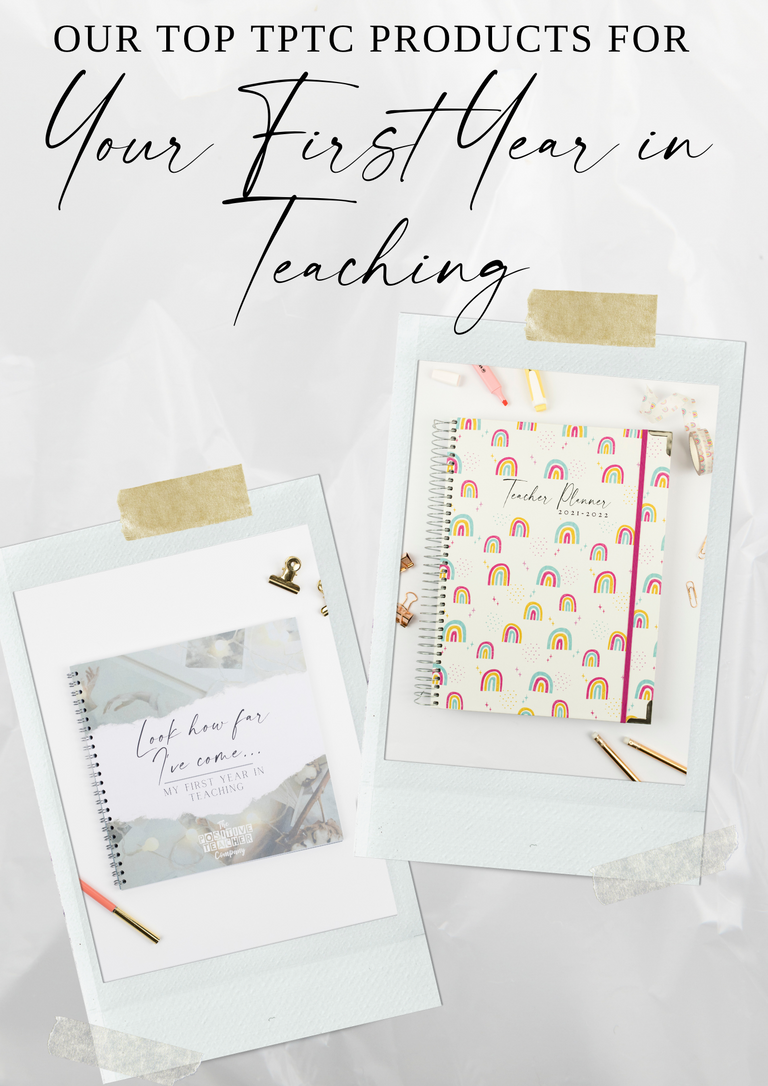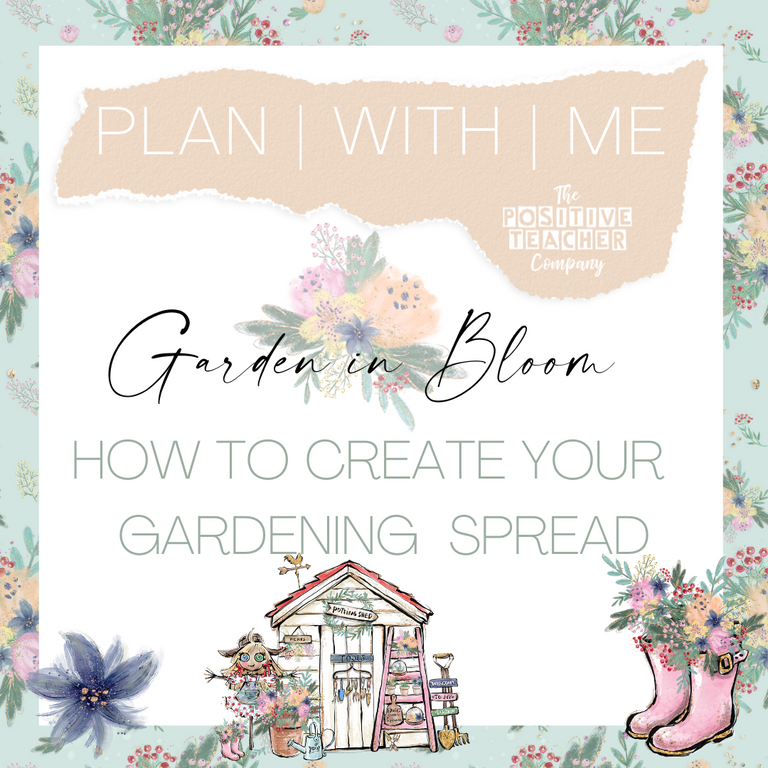Returning to school after a long summer break can feel daunting — not just for children, but for teachers too. Whether you're a seasoned educator or stepping into a new class, those first few days set the tone for the entire year.
Below, you’ll find some practical, fun and inclusive back-to-school ideas to help children feel welcome, confident and ready to learn from the first week back.
Classroom Rules and Ethos
One of the most effective ways to start the school year is by setting clear expectations — not just about behaviour, but about how your classroom works as a team. But rather than presenting them with a list of rules, involve your pupils in creating them.
Spend time during the first week having open, age-appropriate conversations about kindness, fairness, and respect. Children are far more likely to follow expectations they’ve helped shape — it gives them ownership and a voice in their learning environment.
A class motto or mantra can also reinforce this shared ethos. One of my favourites is:
“You can’t all be best friends, but you can: notice everyone, be friendly to everyone, make room for everyone, cheer for everyone and care for everyone.”
It’s a gentle reminder that everyone deserves to feel seen and valued — something at the heart of any inclusive classroom.
Create a Collaborative Whole-Class Display
Fun 'Getting to Know You' Activities
Strong relationships are at the heart of great teaching. Spend time building connections through light-hearted, inclusive games and activities. Here are a few ideas:
Here are some inclusive classroom activities perfect for the first week:
-
Classmate Bingo – Use bingo cards with prompts like “has a pet”, “likes pizza” or “has been on holiday”. Pupils mix and mingle to find classmates who match each square.
-
Classroom Scavenger Hunt - Hide clues or small objects linked to classroom routines — the reading corner, timetable, tidy trays — to help pupils get familiar with the space.
-
Teacher: True or False? - Share fun facts about yourself - some true, some not! Pupils guess which ones are made up. It’s a brilliant way to break the ice and humanise yourself.
-
Circle or Parachute Games - Games like The Sun Shines On... or Fruit Salad encourage movement, laughter and cooperation — ideal for breaking first-week nerves. These games encourage movement, laughter and cooperation - ideal for breaking first-week nerves and finding out things about your pupils.
-
Time Capsules - Children create an “All About Me” sheet or decorate a cardboard tube with hopes and goals. Store them to revisit at the end of term.
These activities help you learn about your pupils and build strong solid relationships from the outset.
Writing tasks to Build Connections
Writing doesn’t have to feel like a chore - especially in the first week of school. In fact, it can be a brilliant way to learn more about your pupils, spark creativity, and gently assess their writing ability in a low-pressure, enjoyable way.
Here are some inclusive and engaging writing activities for the start of the school year:
All About Me Poster - Pupils create a poster with fun facts about themselves — favourite colour, hobbies, who they live with, pets, and more. A great first-week display and conversation starter.
What I Didn’t Do in the Summer - Instead of the usual holiday recount, ask children to write about what they didn’t do. “I didn’t meet a dragon… or did I?” It's imaginative, inclusive, and can be adapted for all abilities (story, list, comic, or captioned drawing).
My Dream Day - Invite pupils to write about their perfect day - anything goes! Would they travel somewhere, meet a celebrity, or eat cake for breakfast? This encourages creativity and gives insight into their interests and imagination.
Birthday Cards and Celebrations
Recognising children’s birthdays shows them they matter as individuals - especially important in the early weeks when you're building trust.
One lovely idea is to create a set of handmade birthday cards in advance. Each pupil is secretly assigned a classmate and makes a birthday card for them. When that child’s birthday arrives, they receive a thoughtful card signed by the whole class — a simple but special moment.
You could also:
-
Create a birthday wall with dates and names, so pupils can see who shares their birthday month.
-
Sing a birthday song
-
Offer a small birthday treat — choosing the story, leading the line, or picking a game.
Small traditions like this go a long way in making every child feel recognised and celebrated.



